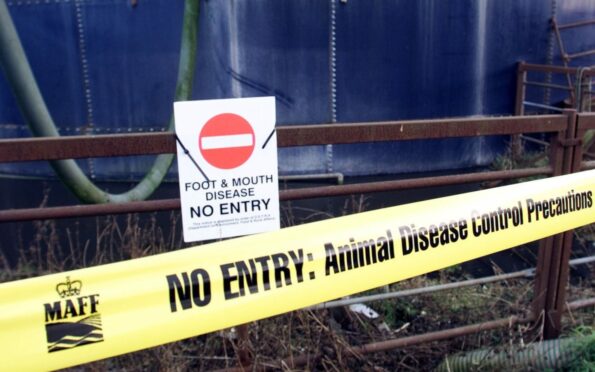The UK Government has announced plans for a £200 million upgrade to its animal disease control and research facilities.
Defra said the money will be spent on a state-of-the-art revamp of the Animal and Plant Health Agency‘s (APHA) scientific laboratories at Weybridge on the outskirts of London.
It said new equipment and specialist testing facilities at Weybridge would help APHA scientists identify pathogens for existing and emerging threats posed by diseases spread by animals, and maintain high biosecurity standards against Bovine TB, Salmonella and avian flu.
“The UK is a world leader when it comes to science and biosecurity,” said Defra Biosecurity Minister, Lord Benyon.
“I have seen for myself the remarkable work done by APHA in responding to the recent outbreak of Avian Influenza, and in paving the way for field trials of a cattle vaccine against Bovine Tuberculosis.
“This investment builds on a long-term programme to future-proof our animal health capabilities, and ensure that we are at the forefront of defence against future pandemics.”
Defra’s chief scientific advisor, Gideon Henderson, welcomed the investment and said: “This substantial investment in APHA’s capability recognises the essential role of this government laboratory, and will enable its excellent scientists to continue at the forefront of research and policy to protect the country, boosting our resilience and strengthening our understanding of health risks to, and from, animals and plants.”
APHA chief executive, Ian Hewett, said the agency’s Weybridge facility provided international assurance in the UK’s biosecurity capability to protect the health of animals and people, and underpin trade relations.
He said: “As a result of this funding, work is already underway to transform the campus, paving the way for a future science hub which supports our international reputation as experts in animal science and well-prepared national disease control.”
Mr Hewitt said the investment will also allow scientists to manage outbreaks and conduct research in parallel, which will help to control and eradicate animal and plant diseases whilst reducing the risks from new ones.

